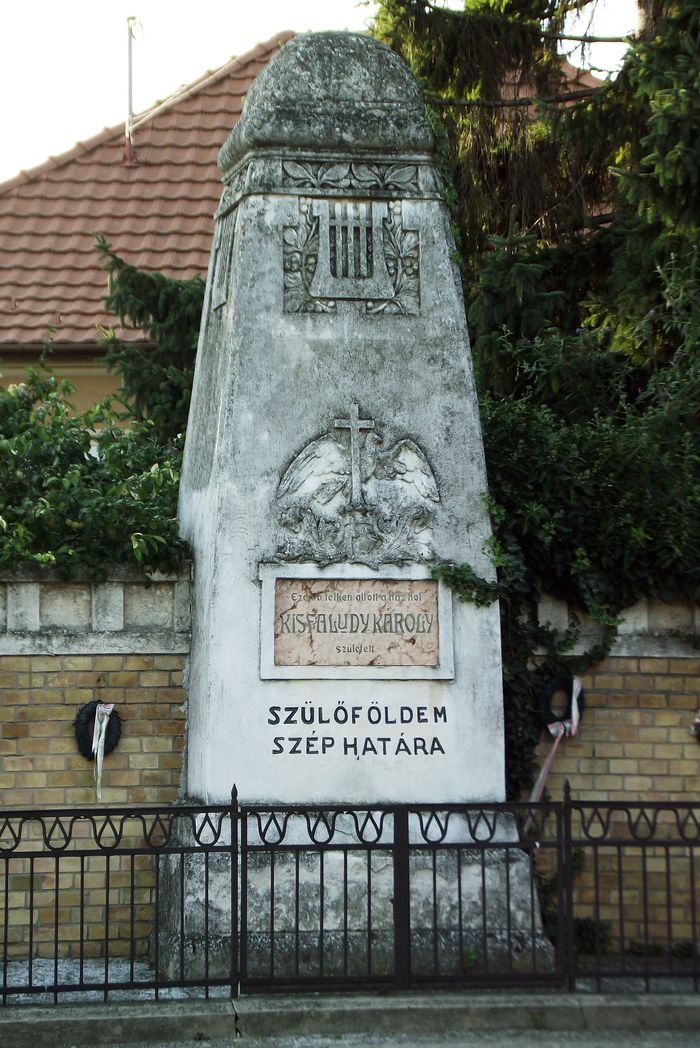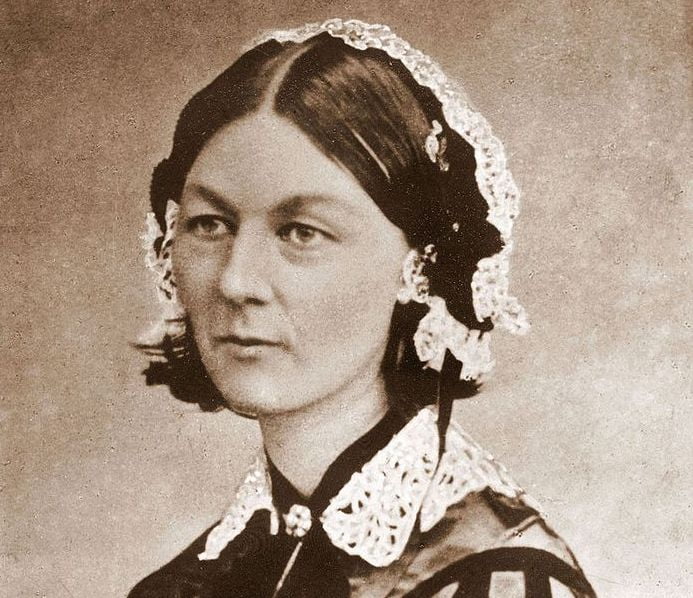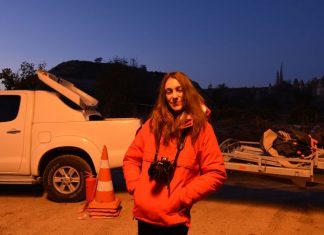Once when they were in the field, Saidjah called in vain to his buffalo to make haste. The animal did not move. Saidjah grew angry at this unusual refractoriness, and could not refrain from scolding. He called him as. Anyone who has been in India will understand me, and he who has not is the gainer if I spare him the explanation.
Saidjah did not mean anything bad. He only used the word because he had often heard it used by others when they were dissatisfied with their buffaloes. But it was useless: his buffalo did not move. He shook his head as if to throw off the yoke, he blew and trembled, there was anguish in his blue eye, and the upper lip was curled, baring the gums.
“Fly,fly!” Adinda`s brothers cried, “Fly, Saidjah, there`s a tiger!” And they all unyoked their buffaloes, and throwing themselves on their broad backs, galloped away through sawahs, irrigation, trenches, mud, brushwood, forest and jungle, along fields and roads, but when they tore panting and dripping with perspiration into the village of Badoer, Saidjah was not with them.
For when he had freed his buffalo from the yoke and mounted him as the others had done in order to escape, an unexpected jump made him lose his seat and fall to the ground. The tiger was very close….
Gone further than Saidjah
The buffalo, driven on by his own speed alone, and not of his own will, had gone further than Saidjah, and scarcely had it conquered the momentum when it returned and, placing its big body, supported by its feet like a roof over the child, turned its homed head toward the tiger, which bounded forward—but for the last time. The buffalo caught him on his horns, and only lost some flesh, which the tiger took out of his neck. The tiger lay there with his belly tom open. Saidjah was saved. Certainly there had been luck in the star on the buffalo`s head.
When this buffalo had been taken away from Saidjah`s father and slaughtered, Saidjah was just twelve, and Adinda was wearing sarongs and making figures on them. She had already learned to express thoughts in melancholy drawings on her tissue, for she had seen Saidjah`s sadness. And Saidjah`s father was also sad, but his mother still more so. For she had cured the wound in the neck of the faithful animal which had brought her child home unhurt.
As often as she saw this wound, she thought how far the gashes of the tiger might have gone into the tender body of her child; and every time she put fresh dressing on the wound, she caressed the buffalo and spoke kindly to him, that the faithful animal might know how grateful a mother can be.
Read More about Siegfried and Kriemhild part 7








